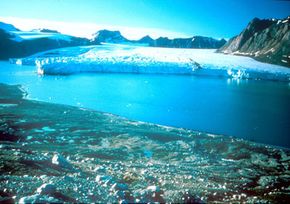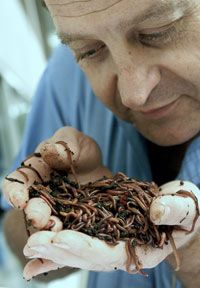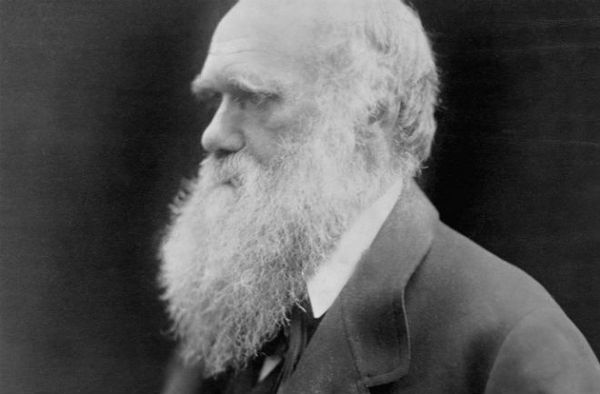Even some of our own modern advances in technology depend on nature. Modern medicine owes much to the properties found naturally in plants and bacteria. Medications like painkillers, penicillin and inoculations are based on natural organisms. The structure of these living things has been analyzed and synthesized to produce some medications, but others -- like antibiotics -- still use the actual organisms. In total, this accounts for one-quarter of all the prescription drugs we use [source: David Suzuki Foundation]. What's more, if the Earth suddenly lost its hearty biodiversity, drugs that have yet to be discovered would also be lost.
Even if we humans could find a way to overcome a catastrophic loss of biodiversity, our existence on Earth would certainly be changed. There's a very important economic aspect to biodiversity as well. In 1997, Cornell University scientists tallied the dollar value of all the services provided for humanity by life on Earth. Everything from ecotourism and pollination to soil formation and pharmaceuticals was taken into account. The total for services provided to humanity by Mother Nature came to $2.9 trillion per year (another study concluded the total was $33 trillion) [source: Science Daily].
These services would still be required, with or without a diverse global ecosystem. As the resources that provided these services (like nitrogen produced by worms) dwindled, humans would have to replace them in order to survive. Stores of things like nitrogen for soil and medicine for the sick would quickly and significantly increase in value. Competition for these dwindling resources would develop, with wealthier and better armed countries inevitably winning. Life, indeed, would change for humanity as a result of a loss of biodiversity. It would quickly get worse.



